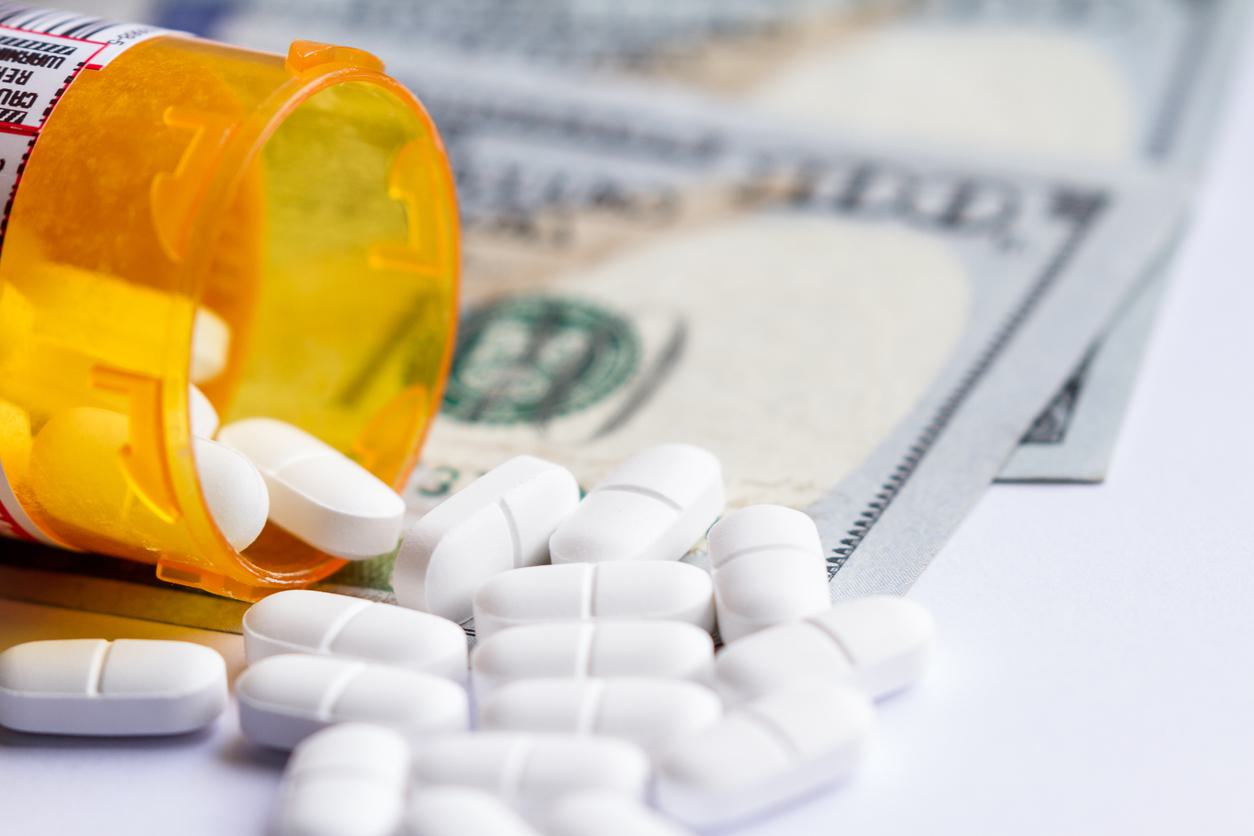MONTGOMERY — The Oversight Commission on Alabama Opioid Settlement Funds announced Tuesday its statewide investment plan for the $30 million from the state’s opioid settlement.
The commission issued a planned use for the money: funding treatment, recovery and prevention strategies to tackle addiction in the state. Applicable programs can receive funds through direct supplemental appropriations from the Alabama Legislature and grants.
The Commission, chaired by State Rep. Rex Reynolds (R-Huntsville) and State Sen. Garlan Gudger (R-Cullman), held four public hearings after the 2023 regular session and in the 2024 regular session, hearing from 44 agencies and associations that provide services related to prevention, treatment and recovery of those suffering from opioid addictions in Alabama.
Reynolds swiftly filed House Bill 479 (HB479), which establishes the $30 million supplemental appropriation for the statewide investment plan.
The funding would be laid out as follows:
· $1 million to the Department of Corrections for an initiative to support the implementation or expansion of medication for opioid use disorders
· $5.49 million to the Board of Pardons and Paroles for sundry services.
· $20.5 million for the Department of Mental Health for things such as residential detox, prevention strategies, crisis hotlines, marketing campaigns, mental health courts and others.
· $1 million to Auburn University for the expansion of the pharmacy school and K-12 education program and pharmacy training related to substance abuse
· $1 million to UAB for residencies in psychiatry pertaining to the study and treatment of substance abuse.
· $1 million to the Department of Public Health to purchase Naloxone for distribution to state and local agencies and entities.
“The opioid epidemic’s devasting impact on our state becomes more and more visible with every day that passes, and it’s our responsibility as lawmakers to do all that we can to fight this deadly disease,” Reynolds said. “Alabama’s allocation of opioid settlement dollars presents an opportunity to fight addiction, provide additional recovery resources and save lives. I commend the members of the commission for working diligently to develop a coordinated plan that I have no doubt will have a positive, long-lasting impact on our state.”
To implement the treatment aspect of the plan, the commission is recommending that funds be used for the treatment of Opioid Use Disorder (OUD) and other co-occurring substance use disorders or mental health conditions. Treatment includes Medication-Assisted Treatment, medications and other related, evidence-based treatments for co-occurring SUD and mental illness. Treatment can be issued through several programs, such as outpatient therapy or counseling, intensive outpatient services, as well as residential and inpatient treatment.
The Commission also recommended funding recovery support services such as housing, transportation, peer mentoring, recovery coaching, support groups and life-skills training.
The prevention arm of the plan will divert funds to programs offering preventative training and services to help communities, police and first responders to better respond to drug addiction in their communities. The approved programs would involve furthering diversion programs and drug court options. It would also fund programs training first responders, medical professionals, school personnel, community groups, and the general public on how to administer Naloxone or other FDA-approved drugs to reverse overdoses.
The whole plan can be found below.
“The committee worked with numerous stakeholders to identify areas of need and develop strategies to address them,” Gudger said. “From education initiatives aimed at preventing addiction to increasing access to rehabilitative services, the committee’s investment plan will ensure Alabama gets the absolute most out of its settlement dollars.”
To connect with the author of this story or to comment, email craig.monger@1819news.com.
Don't miss out! Subscribe to our newsletter and get our top stories every weekday morning.










